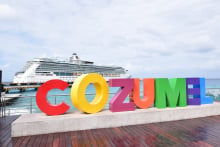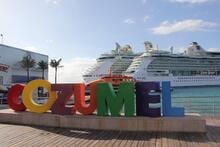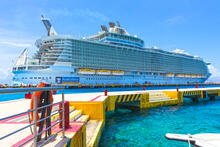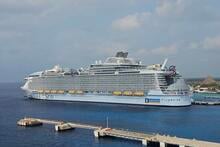Cruisers can breathe a sigh of temporary relief in regards to a new tax that would have gone into effect soon.
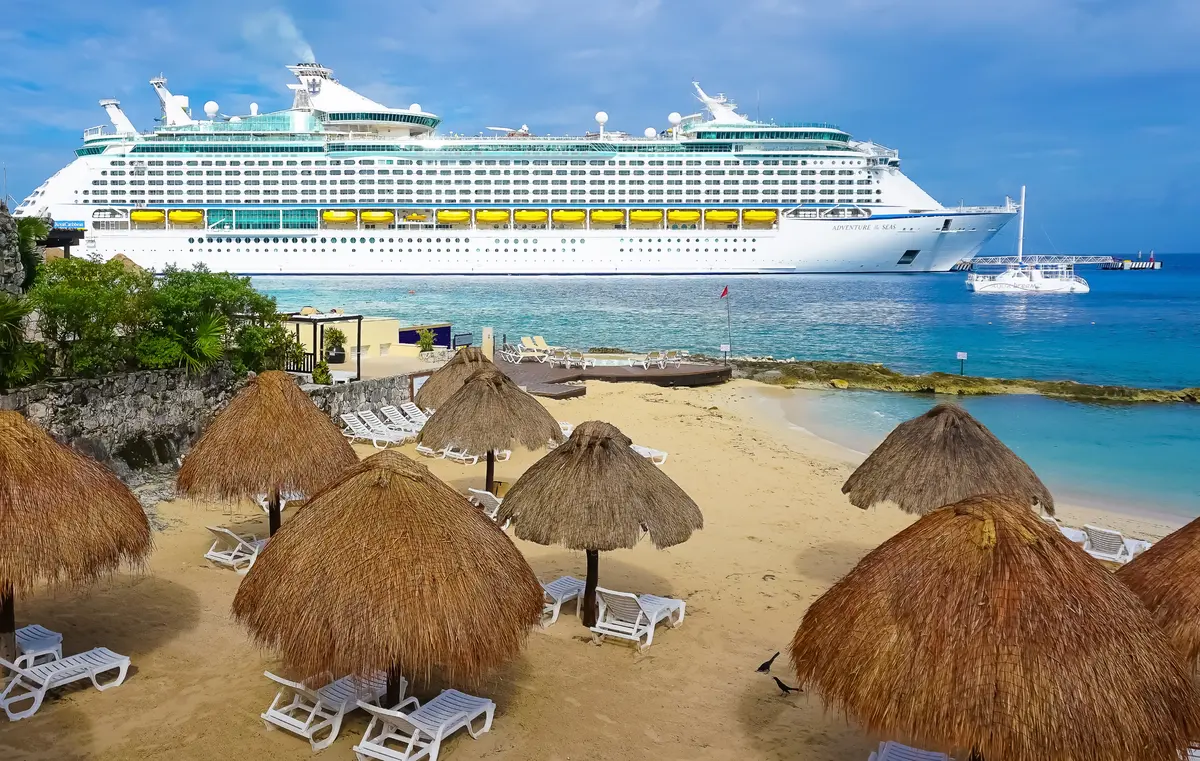
The Mexican government approved a new tax last week that would target cruise ship passengers visiting the country.
However, there's been a temporary reprieve.
Thanks to pressure applied by a number of cruise lines through the Florida-Caribbean Cruise Association (FCCA), the new tax won't go into effect as quickly.
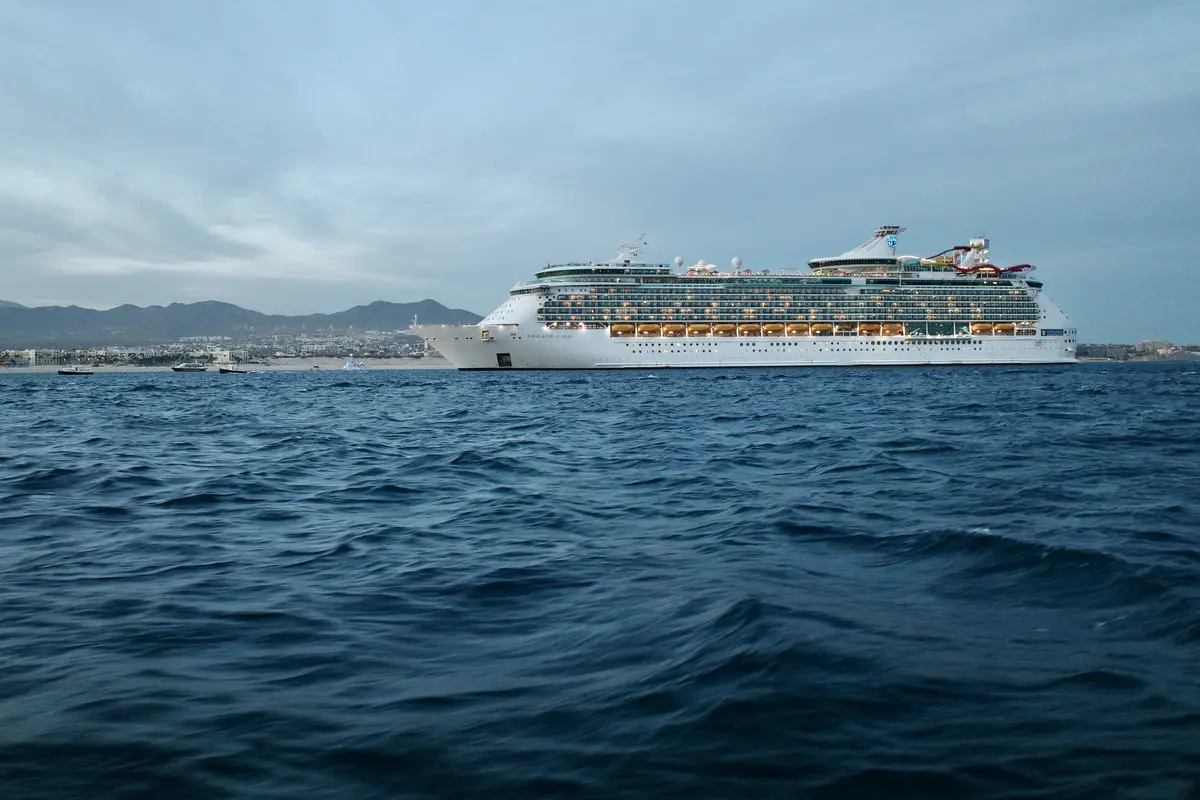
According to a statement issued by the FCCA, a meeting on Friday resulted in Mexican officials delaying the implementation of its new Federal Law of Rights tax on cruise passengers from January 1 until July 1, 2025.
The new tax will add a $42 per person to enter the country. That's per sailing, not per port.
Mexico is a major country with many ports of calls that attract cruise ships. Over 10 million passengers are expected in 2025 alone.
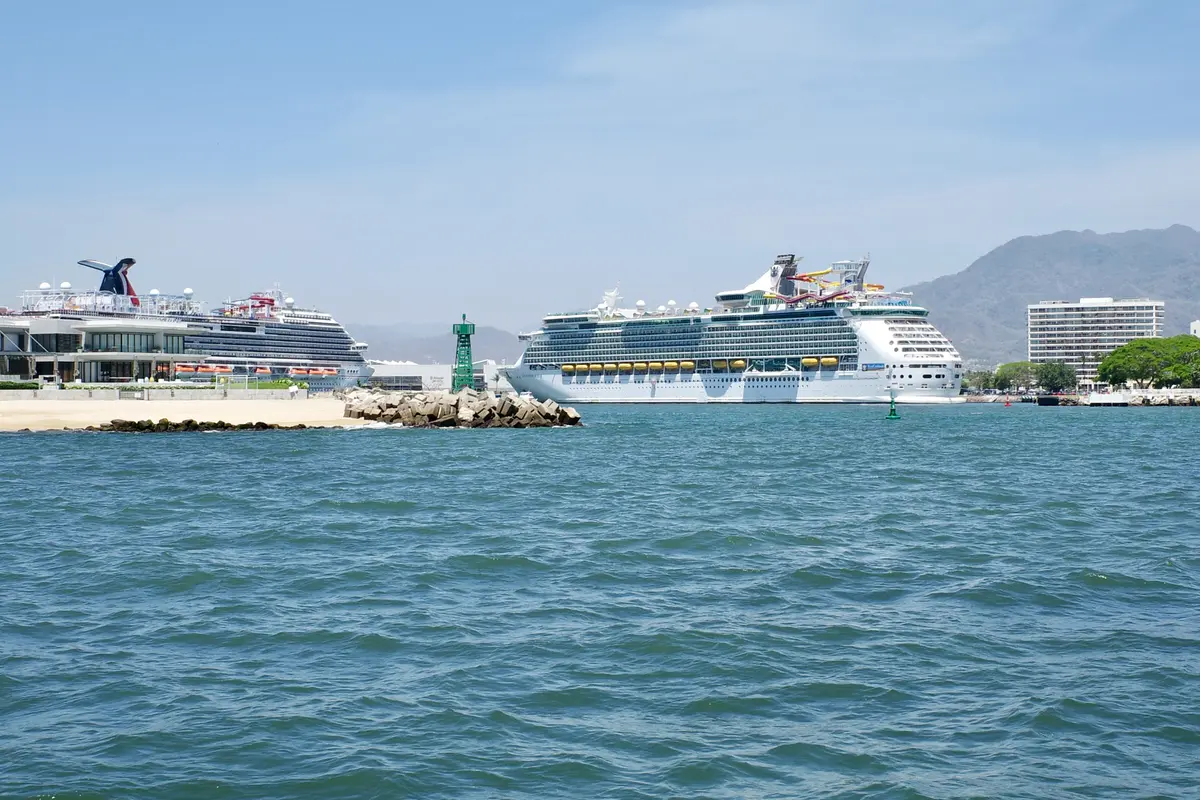
When the new tax is added, it would increase the fees cruise passengers pay by 213% more than the average cost at Caribbean ports. The FCCA says it raises, "serious questions about the competitiveness of Mexican destinations in the global cruise market."
Moreover, it's an unfair tax because of how it targets cruise ship passengers that are in the country for a few hours.
"A family of four visiting a Mexican cruise port having to pay an additional $168 in fees for just a few hours ashore, while tourists crossing the border by land who visit for seven days or less remain exempt from this tax, will have far reaching impacts."

Historically, cruise ship passengers were exempt from tourism taxes, as guests sleep onboard the ship and some choose not to disembark in the ports of call. Under the new policy, all cruise guests would be charged the $42 fee regardless of whether they go ashore or not.
Not only would the tax be enormous, but it would largely be used to fund Mexico's military, rather than benefiting the ports or people nearby.
'Ripple effects'
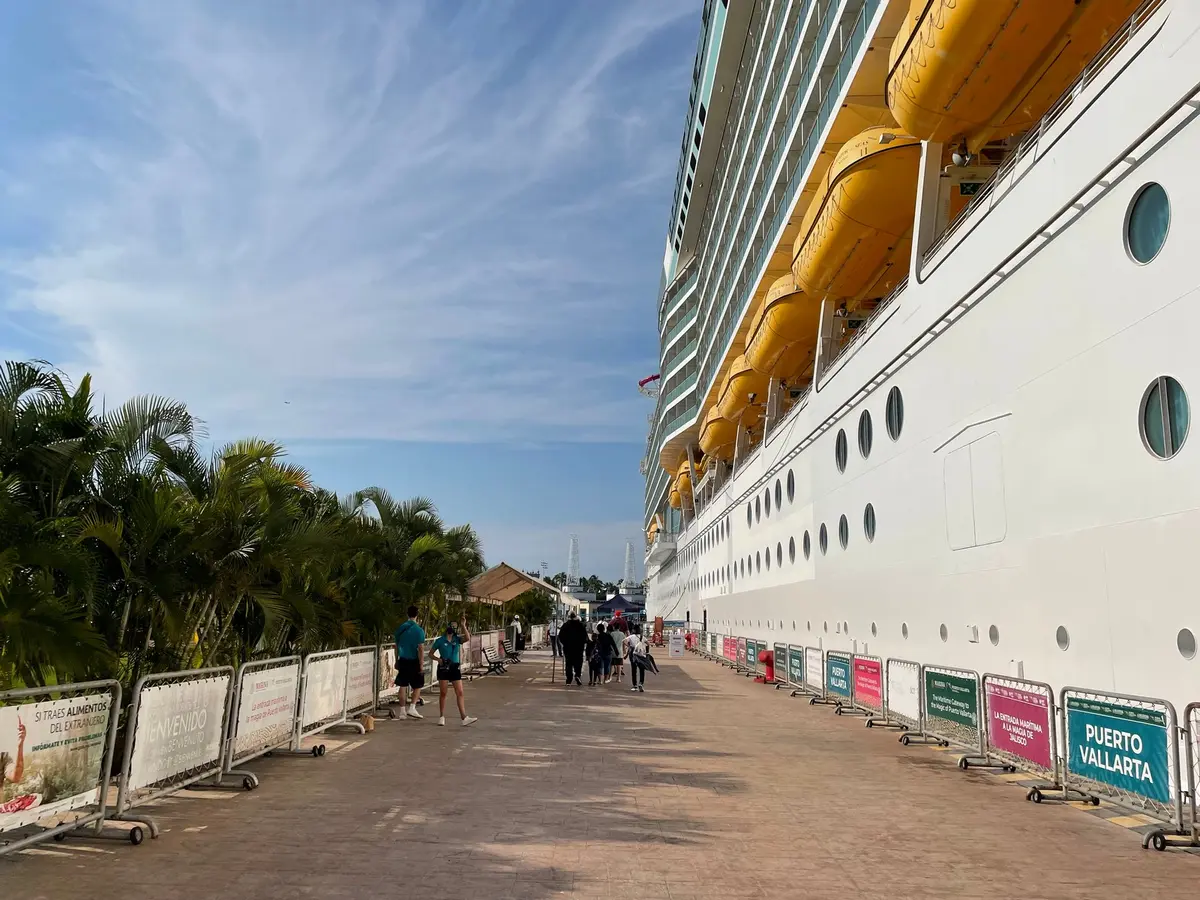
This new tax has major implications beyond simply making a cruise more expensive.
The FCCA warns such a hefty tax could deter visitors, alter cruise itineraries, and create economic ripple effects in communities that heavily rely on cruise tourism.
If just 15% of cruise ships dropped calls to Mexico, the result would be a negative economical impact that could undermine the intended purpose of the tax to begin with.
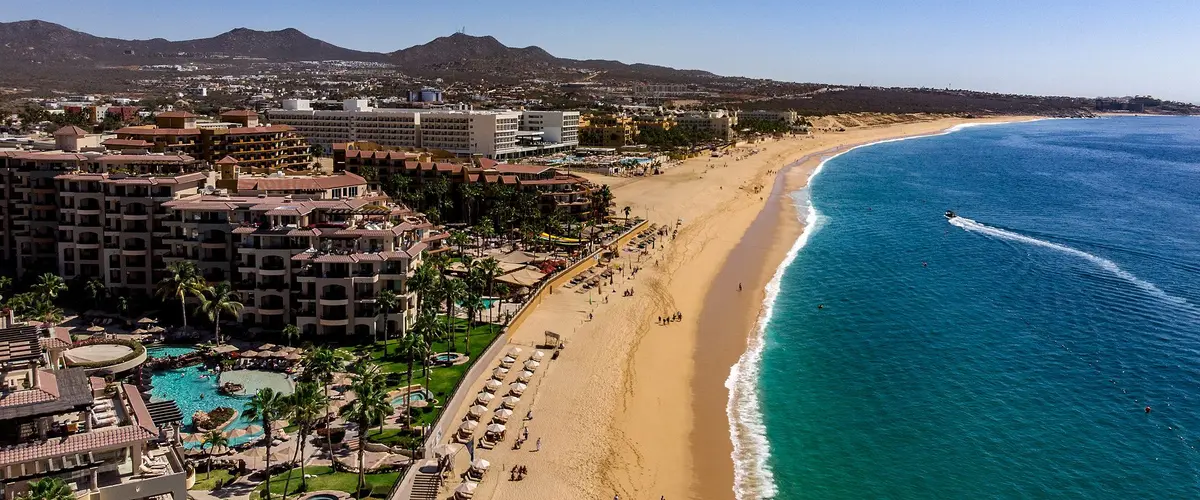
"Even a minimal decrease in cruise traffic would result in millions of dollars in lost revenue for local businesses, tours, and services – offsetting or even surpassing the total tax revenue projected from the measure," the FCCA explained.
By making Mexico one of the most expensive cruise destinations in the world, it could make the country unattractive to lines from stopping there and that could lead to less income, fewer jobs and lower tax revenues for the government.
"The impact of this tax on Mexican tourist destinations will be disastrous," stated the Mexican Association of Cruises. "If implemented, we expect to see a progressive drop in arrivals, which will significantly affect employment for taxi drivers, tour guides, artisans, waiters, restaurateurs, craft store owners, pharmacies, and more.

Michele Paige, CEO of FCCA, emphasized the importance of addressing long-term concerns despite the temporary delay. "We thank the Mexican government for listening to our concerns and proposing a delay in the implementation of the tax that will fall mainly on American citizens.
"However, the removal of the in-transit tax exemption – which was provided to our industry over a decade ago for valid reasons that still apply today – was done without our prior input and after the legislation was passed. It is ironic that until this law was abruptly announced the industry was looking to grow business in Mexico, and now the opposite will occur."




